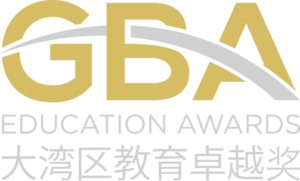Presentations
This presentation will discuss the findings of my 2019-2021 doctoral research which addressed leadership traits, personal leadership resources (PLRs), and successful school leadership in mainland China.

The following season will focus on the need for leaders to possess effective facilitation skills to guide discussions efficiently, ensuring that every team member's ideas are heard and valued.

Join us for an enlightening session that promotes a deeper appreciation for the interconnectedness of knowledge, ultimately preparing students for a more holistic educational experience.

In this workshop, you'll learn how to transform your classroom into an exciting and engaging robotics learning space.

Explore design thinking, STEAM and technology concepts, futures thinking, and entrepreneurship with Fiero!, a creative storytelling game by Press Start Studios!

“Innovating Education for a Complex World” calls for innovative teaching and learning models that sustain teachers and center on students.

Sharing 13 years of experience coordinating author visits, I'll share the process from start to finish.

Join me in asking these questions, connecting with each other to find different ways that our schools can work to ensure we are providing the supports for the wellbeing and health of our female population - the 86%.


What will the “new normal” look like for mathematics learning after this global pandemic? This presentation will discuss the lessons learned during this challenging time and share different practical strategies to engage students both in the virtual environment and for in-person learning.



